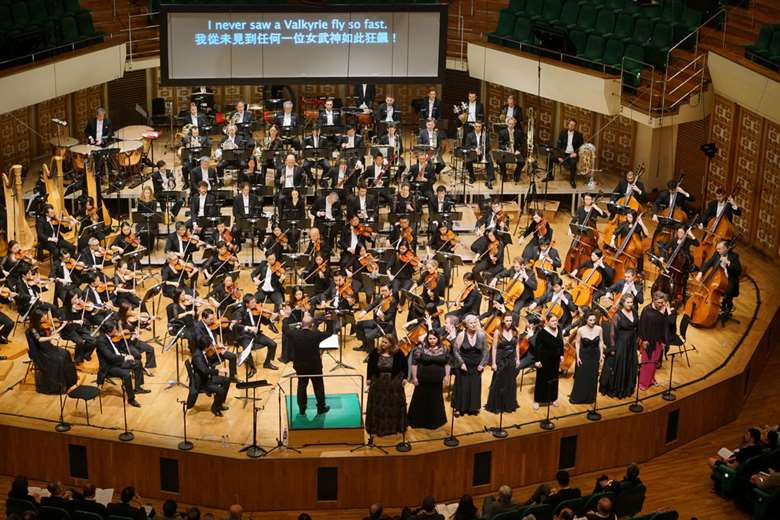A Ring from Hong Kong to take on the world
Hugo Shirley
Wednesday, June 19, 2019
Raised eyebrows initially greeted Naxos’s Ring cycle, but Jaap van Zweden’s Hong Kong forces have proved their mettle, writes Hugo Shirley

Register now to continue reading
Thanks for exploring the Gramophone website. Sign up for a free account today to enjoy the following benefits:
- Free access to 3 subscriber-only articles per month
- Unlimited access to our news, podcasts and awards pages
- Free weekly email newsletter








